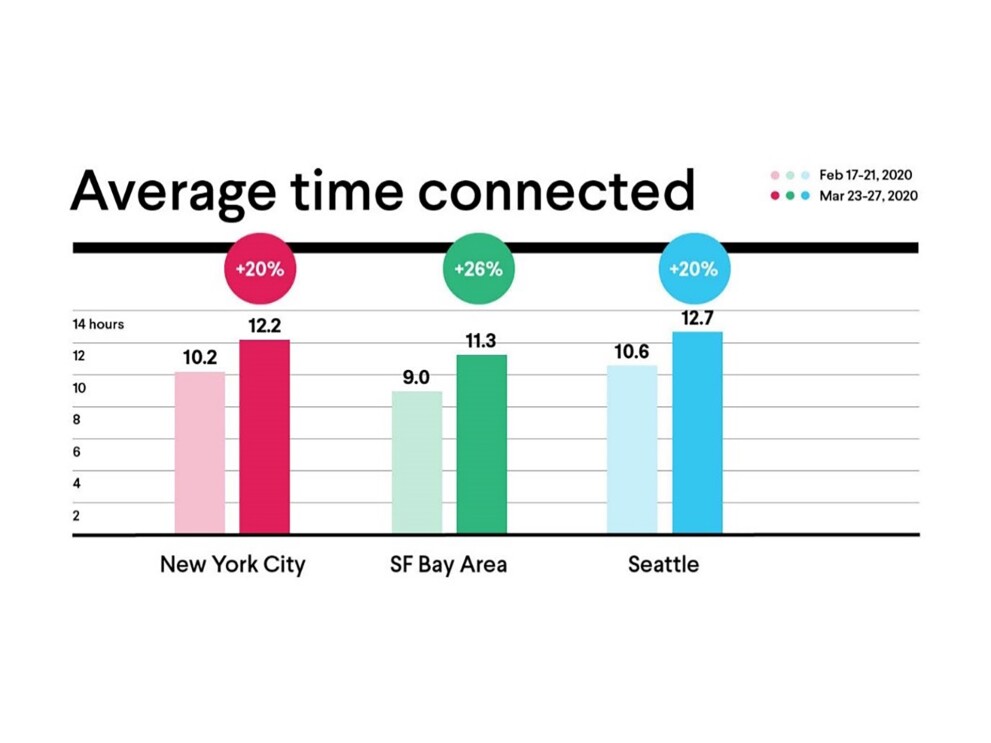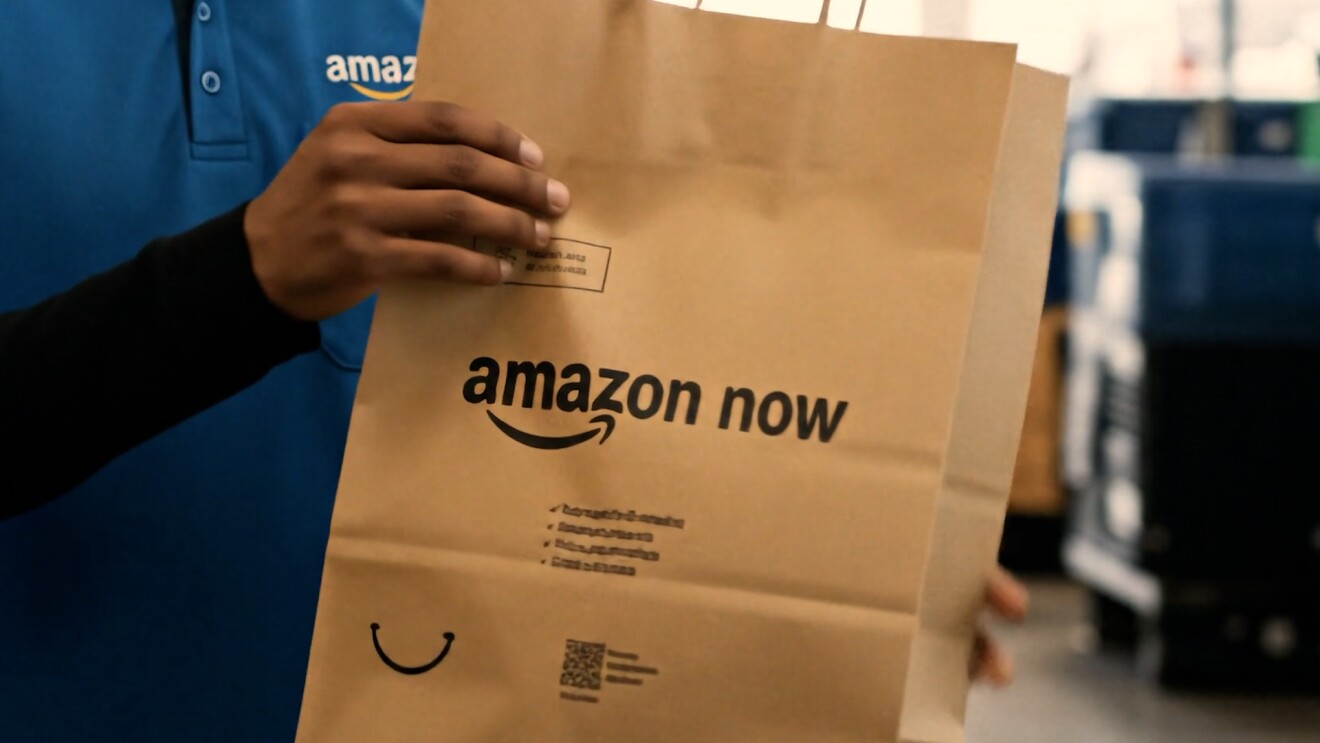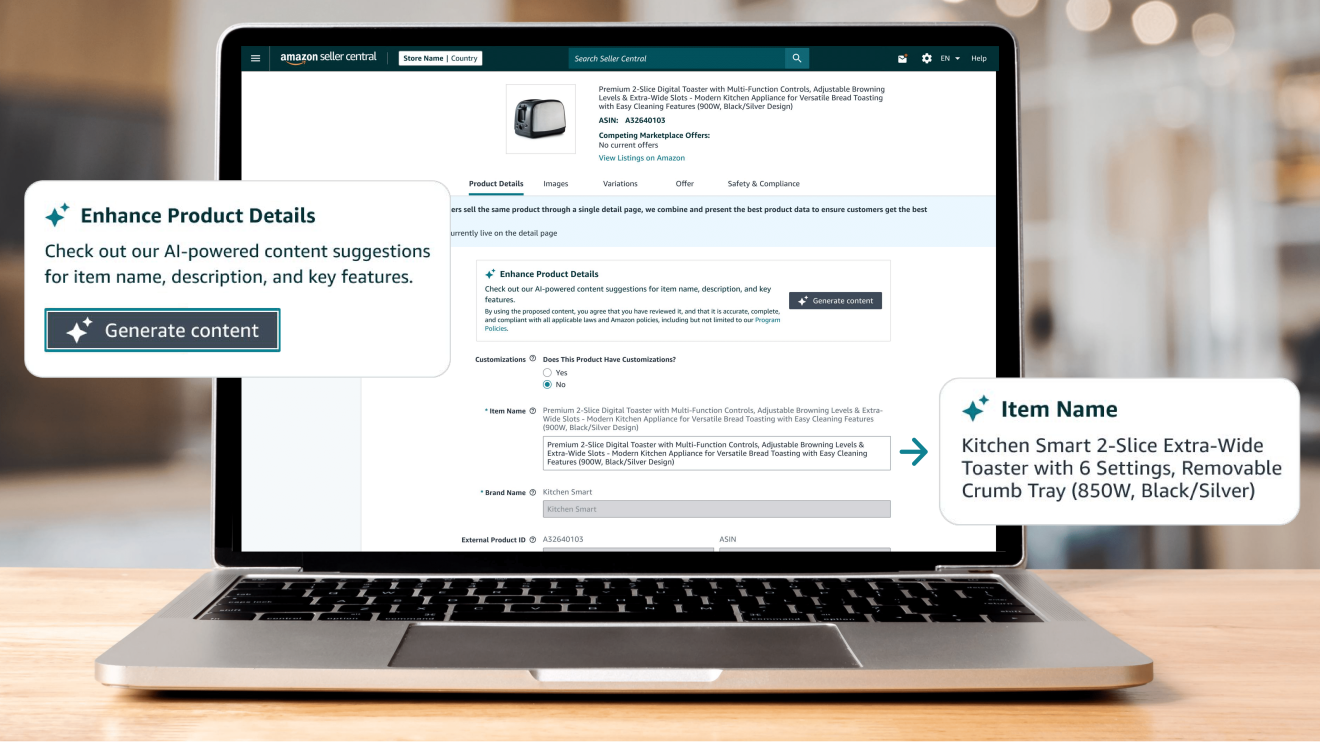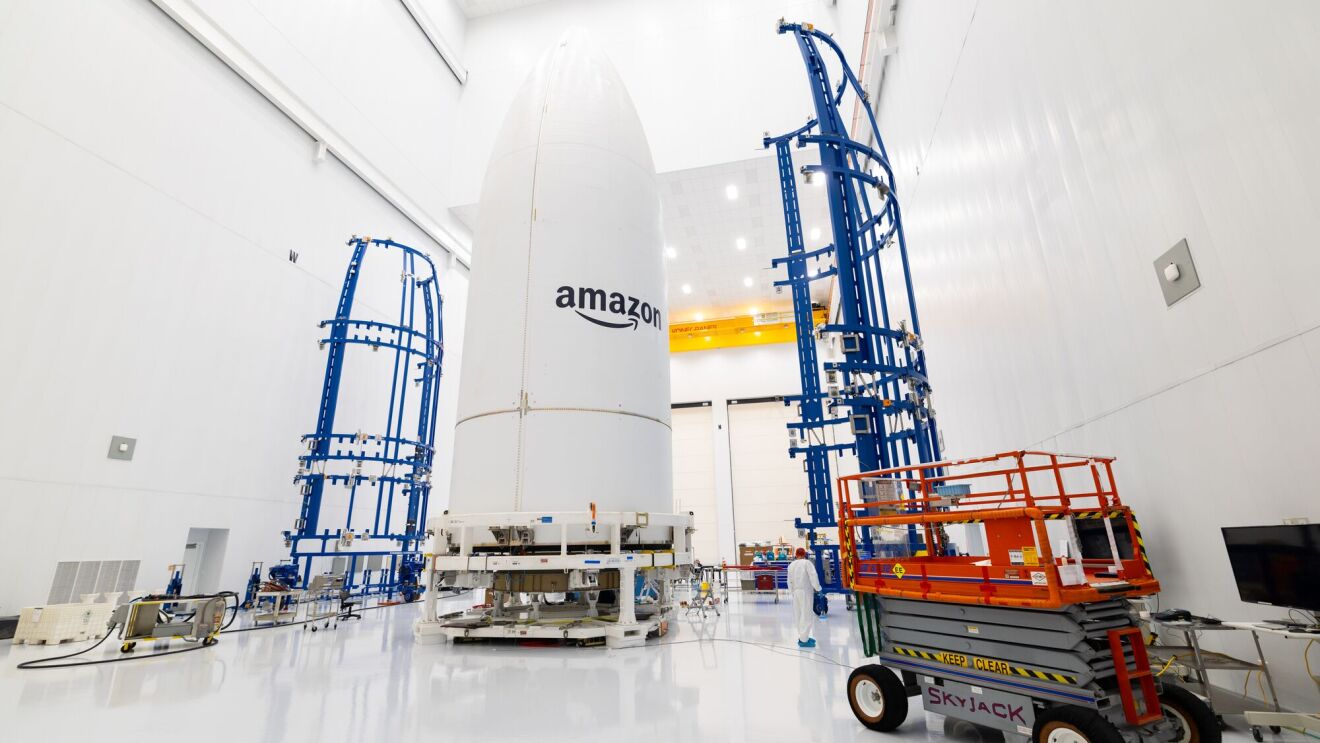COVID-19 had a sudden and profound impact on all of us as “safer at home” mandates forced governments, educational institutions, and businesses to quickly implement secure and reliable work-from-home solutions.
Many of our customers and partners have not only set-up the tools and services to keep their own workforces productive, but are also creating ways to help others. They are standing up innovative new services and making their core services available to organizations at discounted rates or no cost at all. For all of these use cases, our customers are moving forward confidently knowing they can depend on the scale, reach, and reliability of AWS to meet any surge in demand. I want to share some of the powerful stories that highlight how quickly customers and partners have been able to leverage the cloud to innovate and adapt to this new environment.
Quickly standing up remote access for employees
Virtual private networks (VPN) and remote desktop solutions, which extend the functionality and security of in-office network and software resources to at-home users, are helping organizations stay productive while offices remain closed.
Virtual private networks (VPN) and remote desktop solutions, which extend the functionality and security of in-office network and software resources to at-home users, are helping organizations stay productive while offices remain closed.
- Enova, one of the largest licensed lenders in the U.S., deployed Amazon WorkSpaces, a managed, Desktop-as-a-Service (DaaS) product, to establish a secure work-from-home solution for the first time in its history. In just 24 hours, Enova was able to support more than 1,200 employees, including more than 600 employees who manage customer interactions.
- In Canada, Calgary-based TC Energy is using more than 1,000 WorkSpaces seats, enabling many of their employees to work remotely, ensuring that millions of North Americans continue to receive the energy that fuels their everyday lives.
- In Italy, the City of Cagliari worked with AWS to enable nearly 500 city employees to work from home during the national quarantine. The city government is combining Amazon WorkSpaces with a connection from Cagliari’s datacenter on an encrypted VPN channel so that remote workers can keep important municipal functions up and running.
The more I learn about the ways AWS customers of all shapes and sizes are stepping up to help during this crisis, the more impressed I am by their innovation and generosity.
Matt Garman - Vice President of AWS Sales and Marketing
Helping teams collaborate from afar
One of the side effects of employees working remotely and being confined to their homes is that staying connected to colleagues has become more challenging. Many AWS customers and partners are offering no-cost use of their software and services to enable remote collaboration.
One of the side effects of employees working remotely and being confined to their homes is that staying connected to colleagues has become more challenging. Many AWS customers and partners are offering no-cost use of their software and services to enable remote collaboration.
- Adobe, one of the most diversified software companies in the world, is offering free 90-day access to Adobe Connect, its web conferencing solution, until July 1, 2020, allowing employees, teachers, and students to join meetings, trainings, and virtual classrooms from the safety of their homes. The company is also giving its higher education and K-12 institutional customers globally the ability to provide students and educators with temporary at-home access to Creative Cloud, Adobe’s collection of apps and services for photography, design, video, web, and UX access—at no additional cost—to help keep coursework, teamwork, and student progress on track. Additionally through its community, Adobe has curated resources to help educators and school leaders discover inspiring projects, best practices, and share new ideas.
- Autodesk, a leader in design-and-make software, introduced new programs to support its customers impacted by COVID-19 by offering free commercial use of several cloud-based collaboration products to accommodate teams working remotely. Additionally, the company’s new Design & Manufacturing hub provides resources to help designers, engineers, medical professionals, and maker communities work together to develop new solutions for personal protective equipment and life-saving devices, using open-source design, design review and validation, and connections to manufacturing facilities.
 Slack observed sharp increases in the average amount of time users were connected per day in cities that were early adopters of “safer at home” measures. Source: Slack
Slack observed sharp increases in the average amount of time users were connected per day in cities that were early adopters of “safer at home” measures. Source: Slack- Slack, a channel-based messaging platform that runs on AWS, has seen a surge in use as more organizations adopt it for remote collaboration. In fact, Slack recently hit a record of 12.5 million simultaneously connected users, with average active usage exceeding one billion minutes each weekday. Slack has also seen an average 20 percent increase in the number of messages sent per day. In March alone, users nearly tripled the rate at which they integrate their other software tools in Slack, making it easier to access them, share information, and drive team productivity. The company is also supporting nonprofits and other organizations carrying out critical relief efforts with free access to a Slack paid plan for three months. Lastly, to help teams make use of Slack for remote work, Slack has launched free resources and partner offers such as a discount for AWS customers.
- The City of Port St. Lucie in Florida decided to use Amazon Chime, a service that lets organizations meet, chat, and place business calls, to enable employees to instantly communicate with each other across departments while working remotely.
- The California Energy Commission deployed Amazon Chime Pro in less than 24 hours to provide 700 employees with high-quality audio and video conferencing
- Mindbody, the world’s leading technology platform for the wellness industry, leveraged Amazon Chime SDK to introduce a virtual wellness platform that tens of thousands of global wellness businesses can use to deliver services to millions of consumers virtually.
Powering customer service from remote settings
The COVID-19 crisis has also necessitated changes in how we deliver customer service, moving from centralized contact centers in which agents address inquiries as they work alongside each other, to virtual contact centers that are staffed remotely by employees working from home. Successfully completing that transition requires that agents have access to the same functionality at home as they would in the office to quickly access customer records, query different parts of the organization, and collaborate on cases. Using AWS, organizations are standing up solutions to remotely handle surges in customer service inquiries or to create dedicated resources to address COVID-19-related issues.
The COVID-19 crisis has also necessitated changes in how we deliver customer service, moving from centralized contact centers in which agents address inquiries as they work alongside each other, to virtual contact centers that are staffed remotely by employees working from home. Successfully completing that transition requires that agents have access to the same functionality at home as they would in the office to quickly access customer records, query different parts of the organization, and collaborate on cases. Using AWS, organizations are standing up solutions to remotely handle surges in customer service inquiries or to create dedicated resources to address COVID-19-related issues.
AWS customers around the world are deploying Amazon Connect—the cloud-based contact center technology that powers Amazon customer service—to establish remote call centers quickly.
- Shore Plastics, a small plastic fabrication business, began producing aerosol boxes to protect doctors and nurses performing intubation of COVID-19 patients. Faced with a spike in demand for its product that overwhelmed its existing ability to handle customer calls, Shore Plastics used Amazon Connect to set up a contact center within minutes, with a fully functioning call queue that appropriately routes requests.
- Amdocs, a global provider of software and services to communications and media companies, worked with AWS to set up a virtual call center to support the elderly during the COVID-19 crisis. It is staffed by Amdocs Israel volunteers, working from their homes, and provides senior citizens with technical assistance on matters such as how to install and use video-calling on their phones so they can stay in touch with their families during this time of social distancing.
- In just a few days, Accenture helped the Government of Canada through Employment and Social Development Canada (ESDC) launch a 2,600 person contact center to deal with spikes in call volume related to Canada’s Emergency Response Benefits Program (CERB). Throughout April, agents have been handling more than 40,000 calls a day as millions of Canadians have applied for financial relief.
- In the UK, VoiceFoundry, a member of the AWS Partner Network, set up contact centers using Amazon Connect to help local authorities in London to manage increased volumes of COVID-19-related citizen inquiries. Waltham Forest Council is able to handle a surge in calls related to the pandemic while its staff works safely from home. The London Borough of Hounslow used Amazon Connect to launch its Community Support Hub, which runs seven days a week to help at-risk community members receive information on COVID-19, as well as food and essential supplies. Visit the Amazon Connect blog for more ways that customers are leveraging remote call center technology.
- Salesforce is working with AWS to integrate its customers’ existing Salesforce solutions with Amazon Connect. Salesforce Care customers can contact AWS to get started with Amazon Connect, free of charge for a limited time, and receive support from AWS to help with implementation and integration of virtual contact centers.
- Genesys provides cloud customer experience and contact center solutions to support service, sales, and marketing functions. Genesys is working with its partnership ecosystem, including AWS, to help organizations address ongoing business continuity needs resulting from COVID-19. For example, the company is providing organizations with access to Genesys Cloud at no cost to enable them to effectively engage with customers and colleagues from anywhere during the pandemic. In addition, Genesys has helped organizations control costs by waiving overage premiums resulting from unexpected spikes in customer inquiries. AWS is supporting this Genesys initiative by sponsoring a portion of the increased cloud usage incurred by customers during the pandemic.
Inventing new ways to help
The more I learn about the ways AWS customers of all shapes and sizes are stepping up to help during this crisis, the more impressed I am by their innovation and generosity. Not only large enterprises and governments, but also startups and small- and medium-sized businesses are developing and implementing solutions to help others succeed across industries in ways that cast productivity in different light.
The more I learn about the ways AWS customers of all shapes and sizes are stepping up to help during this crisis, the more impressed I am by their innovation and generosity. Not only large enterprises and governments, but also startups and small- and medium-sized businesses are developing and implementing solutions to help others succeed across industries in ways that cast productivity in different light.
- A startup like Mantle Labs in the U.K. is helping the agriculture industry maintain food security, applying machine learning to satellite imagery to monitor crops and warn of potential supply issues.
- Brain Corp is enabling robots to operate safely alongside human counterparts in airports, hospitals, grocery, and retail sites that require frequent cleaning over large areas, freeing essential workers to focus on other critical tasks.
- As part of the new Stand for Small coalition powered by American Express, AWS is supporting this pipeline of innovation, extending free use of business applications such as Amazon Chime, Amazon WorkDocs, and Amazon WorkSpaces, as well as free use of AWS for 12 months using the AWS Free Tier.
To learn about other ways that AWS, our customers, and our partners are contributing to COVID-19 response around the world, please visit the AWS blog and the AWS COVID-19 response page.
Trending news and stories








